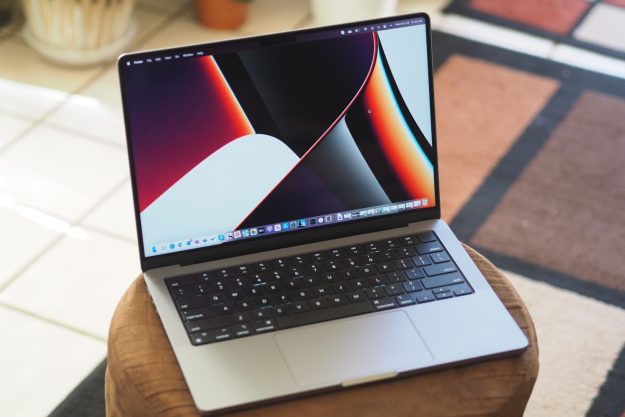
Speaking at a presentation in Santa Clara, California, Renee James, the head of Intel’s software business said Microsoft is gearing up to offer multiple versions of Windows 8, including four that target ARM processors. However, while versions of Windows 8 for Intel’s x86 architecture will be backward-compatible with most existing Windows software, the ARM versions won’t offer backward compatibility. Windows 8 for ARM will only run applications specifically developed for Windows 8 on ARM, leaving the universe of existing Windows software in the dust.
James’ comments were reported in Bloomberg and The Register.
James’ comments confirm earlier industry reports that Microsoft has been building multiple versions of Windows 8 for the ARM platform, in a retail strategy that would appear to mirror the company’s long-standing versioning for Windows: several versions at different price points to target everyone from first-time users to high-end professionals and media fiends.
However, it’s not clear how Microsoft’s multiple-version strategy will play in the mobile device market, which will be the primary target for ARM versions of Windows 8. Microsoft is already concerned about computer sales (and sales of Windows) being eroded by tablet computers like Apple’s iPad and a myriad of devices running Google’s Android operating system.
The ARM-based version of Windows will be aimed staunchly at tablets and other mobile devices in order to give Microsoft and its OEM partners a serious operating system in that market. It’s understandable from a technical standpoint why an ARM version of Windows wouldn’t offer compatibility with x86 applications (the engineering effort and performance hit of emulation would be substantial), and it’s easy to understand why Microsoft may wish to offer different feature sets for devices aimed at consumers and enterprise customers. However, fragmenting potential market for Windows 8 mobile devices into categories like “Home,” “Home Premium,” “Professional,” and “Ultimate” could also backfire, creating consumer confusion. If there’s anything fragmentation in the Android market has proven, it’s that consumers prefer a device that “just works.”
Editors' Recommendations
- A huge barrier just fell for Windows on Arm
- Microsoft Copilot sounds great. Here’s why I definitely won’t use it
- You won’t believe how much ChatGPT costs to operate
- Dell’s first Windows 11 ARM laptop is priced like a Chromebook
- You can finally run Windows 11 natively on an Apple silicon Mac


